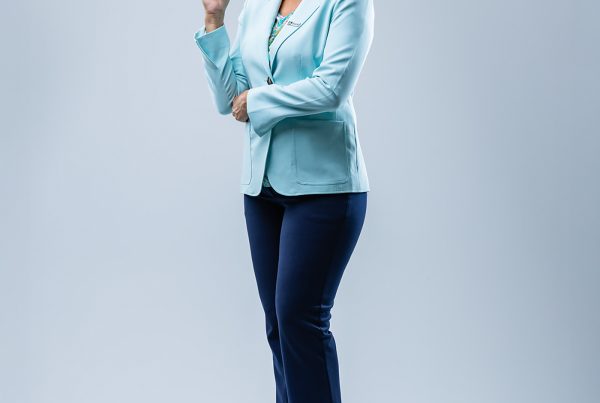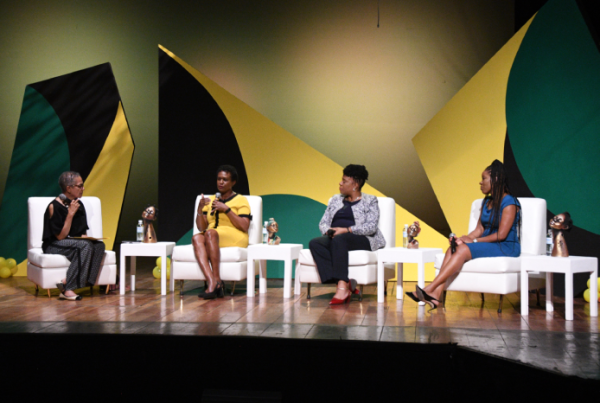Rose Miller, Head of the JN BeWi$e Financial Empowerment Programme, says that as the world welcomes 2021, many Jamaicans are looking carefully at their finances with the hope that this year will be more prosperous than the last.
She noted that one of the big questions on some people’s mind is whether they should focus more on saving or investing in the New Year.
“With the economic and social challenges that accompanied 2020, due to the COVID-19 pandemic, many persons are looking to make changes with how they manage their money in order to safeguard and build their wealth,” Mrs Miller said.
She pointed out that if persons are wondering whether they should save or invest this year, the answer depends on their goals, timeframe and overall financial situation.
The JN Foundation grants manager explained that saving is putting money aside, bit by bit. “You usually save up to pay for something specific, like a holiday, a deposit on a home, or to cover any emergencies that might arise, like car repairs,” she said.
Mrs Miller further noted that saving usually means putting money into cash products, such as a savings account in a bank or building society.
Conversely, investing is taking a portion of your money and trying to make it grow by buying financial instruments that are expected to increase in value. “For example, you might invest in stocks, property, or mutual funds.”
Who should save?
She pointed out that when it comes to saving, everyone should aspire to build an emergency fund. The general rule is to have savings of at least three to six months’ worth of living expenses; including rent, food, school fees and any other priority items you would normally budget for each month. This emergency fund should be in an account that is easily accessible.
“Your emergency fund means you have a financial cushion if something goes wrong.”
Mrs Miller said once persons have built an emergency fund, they can now shift their focus to other financial goals, including a deposit on a house, a wedding or a trip. “It’s a good idea for them to continue saving at least 10 per cent of their income each month or as much as they can afford,” she advised.
Mrs Miller said the only time persons shouldn’t save or invest is if there are other pressing needs, such as getting their debts, especially high interest rate debt, under control.
Are you ready to invest?
“Whether or not it makes sense for you to invest depends on your goals, specifically if they are long, short, or medium-term,” she pointed out.
She explained that short-term goals are things you plan to do within the next five years, while medium-term goals are plans you hope to accomplish within the next five to 10 years.
“Longer-term goals are ones where you won’t need the money for ten years or more,” Mrs Miller said.
Short-term goals
She noted that for short-term goals, the general rule is to save into cash deposits, like bank accounts. “The stock market might go up or down in the short-term and if you invest for less than five years you might make a loss,” she advised.
Medium-term goals
For the medium-term, Mrs Miller said while cash deposits might sometimes be the best answer, it depends on how much risk a person is willing to take with their money to achieve a greater return.
“For example, if you’re planning to buy a property in seven years and you know you’ll need all your savings as a deposit and don’t want to risk your money, it would be safer in a savings or fixed deposit account,” she recommended. “The latter would provide a more favourable interest rate and would allow you to earn returns ahead of inflation.”
On the other hand, Mrs Miller said if an individual has more flexibility with their funds, and is prepared to take some risk with their original capital they might consider investing to try and achieve a greater return than would be possible by saving alone.
Long-term goals
The JN Foundation grants manager noted that for longer-term goals, a person may want to consider investing, because inflation can seriously affect the value of cash savings over the medium and long-term.
Mrs Miller said the stock market tends to do better than cash over the long-term providing an opportunity for greater returns on any money invested over time.
“You can lower the level of risk you take when you invest by spreading your money across different types of investments. This is called diversification.”
She pointed out that as the below table suggests, most persons will have several goals with different timescales, which means that they will have to do some saving and some investing.
“That is why it is important to look carefully at your goals and make a plan. Talk to a professional if you are not sure how to proceed,” she advised.
| GOAL | SITUATION AND TIMESCALE | SAVE OR INVEST |
| Buy a new car | You need a new car within two year | Save |
| Put down a deposit on a house | You’d like to move into your new home in three years | Save |
| Pay for your wedding | You will be getting married in five years | Save |
| Have a comfortable retirement | You’ve just turned 30 and you’d like to retire at 65 | Invest |





